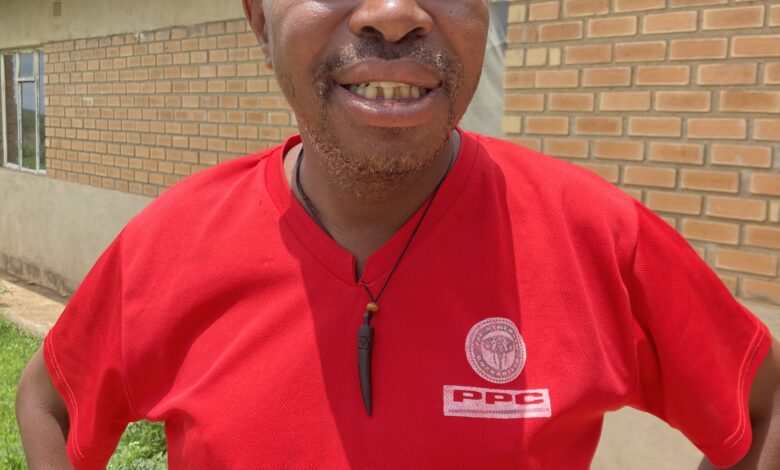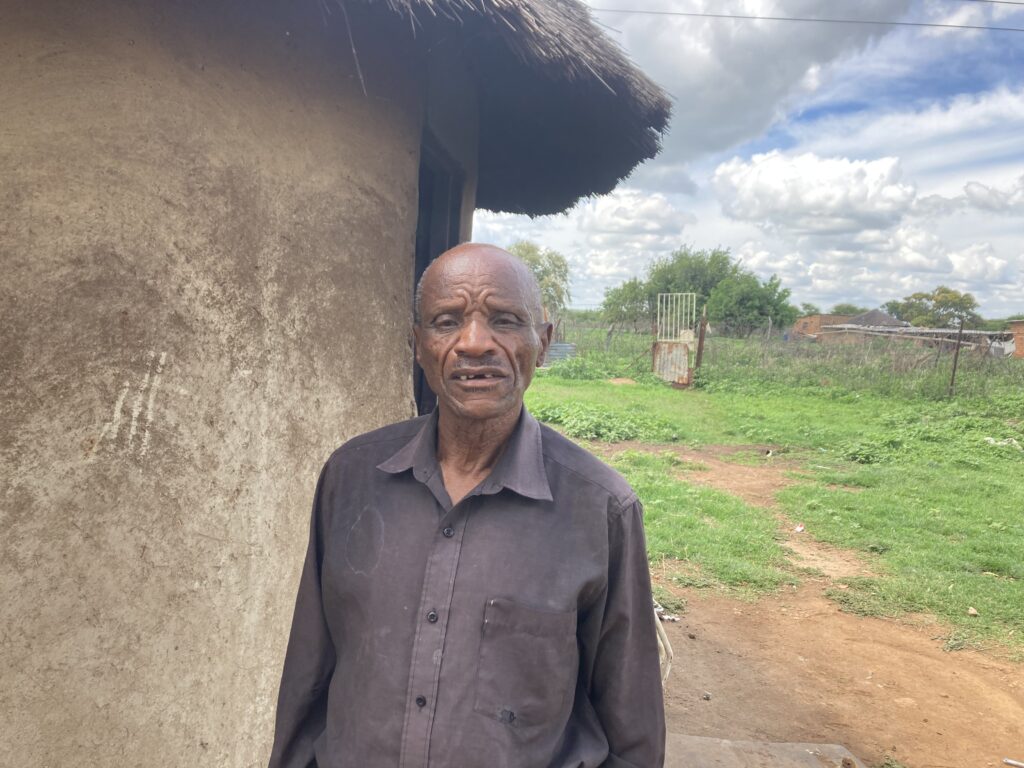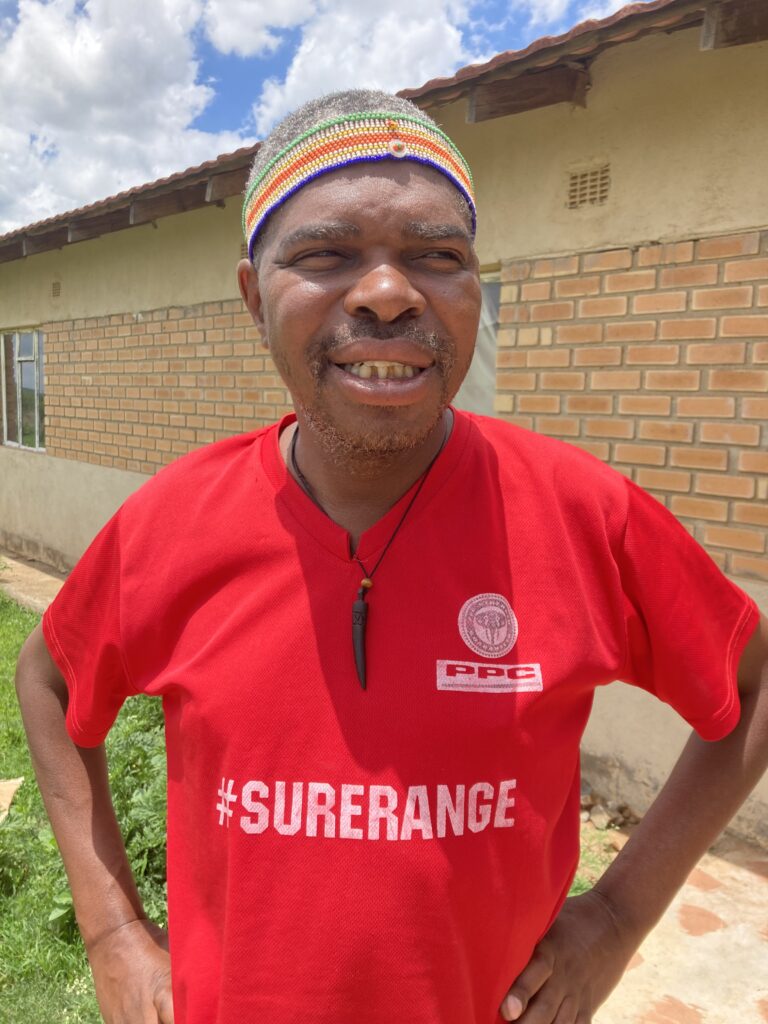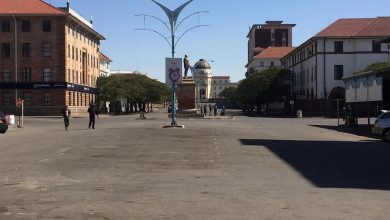Xhosa community in Mbembesi accuses village head of selling grazing land

Members of a Xhosa community in Mazizini Village, Mbembesi, are accusing their village head of illegally selling and parcelling out their land to outsiders for cattle grazing.
However, Headman Masuku of Mazizini village has refuted the claims, and he, along with Chief Ndondo of Mbembesi, has labelled these villagers “tribal and xenophobic” for refusing to mix with people from other tribes.
The villagers, according to Chief Ndondo and Headman Masuku, mistakenly believe they own rights to the land because of the Fingo Location (Distribution of Land) Act of 1940, which states the villagers, who own title deeds, were entitled to the land after purchasing it from Cecil John Rhodes.
But the Fingo Act was repealed by the Zimbabwean government in 1982, making the land communal and open to everyone.
Mazizini is about 38 to 40 kilometres on the Harare-Bulawayo Road, and the land in question is next to the road, where people are constructing structures.
Philani Mzamo, one of the villagers, claimed a process was carried out to allocate a portion of the land to 30 people, but now over 200 occupy the space.
“In June this year, the chief and his headmen convened a meeting with the elders to discuss the matter. The chief stated he would assign his subordinates to investigate what had occurred in the land allocation. A decision was made to prevent people from settling in while the chief investigated the case, but these meetings took a long time,” he said in an interview with CITE.
Mzamo claimed the village head did not want to discuss these issues so they made a decision as villagers to conduct a land audit.
“Six people were chosen to be part of the audit team including myself. We began in September 2022 and took one and half months to compile the report,” he said, noting they faced hurdles from the village head when they wanted to present the report.
“The report outcome was most people who settled here are not from this area, and some who had bought the land were part of the village head’s committee. Another outcome of the audit was the village head actually sold the land to those people.”
Mzamo expressed disappointment that the chief had not dispatched investigators to look into the matter.
“It doesn’t matter who these people are, whether CIO or whatever, they must go,” he said.
Mthetheli Ndatshana claimed three-quarters of the people who had settled there were outsiders.
“We don’t know where they come from and the village head is not telling us. Those people are disturbing our way of life and culture. We can’t practice our culture and we have no land. When you try to tell the village head what he is doing is wrong, you become his enemy,” he said.
“Our cattle are now grazing at Zimbili and Bombrich, a training ground for soldiers in Fort Rixon.”
According to Stanley Dyani, villagers do not mind mixing with others but their concern was not having land for their cattle and children.
“The village head and his committee started pegging land for people, grazing, firewood, graves then resettled people there. When we asked him, he said the government does not allow people of one tribe, in this case Xhosa, to stay alone as we may turn on the government,” he said, adding “they did not know who these settlers were.
Nkosinathi Kona called on the relevant authorities to investigate as he claimed “the chief is not clear on his position, including the rural district council.”
Mcacisi Dlamini said the issue was creating tension, as their cattle were forced to graze in Fort Rixon.
Headman Masuku accused these villagers of lying, saying they were hiding behind a grazing area yet they did not want other tribes in the village.
“They don’t want Shona and Ndebele people here but want to stay alone as Xhosas. Where has that ever happened where they can discriminate against others? They are lying that the issue is about grazing land. What about other areas where people have settled; where do their cattle graze?” he asked.
“They don’t want anyone here and insist they own these plots, which they bought from Rhodes.”

The village head said in 2018, the village agreed to let their children settle on that land and the beneficiaries are allegedly selling the land to others.
“I challenge anyone who said I sold them land to bring a receipt because the law states you must give a receipt so it can be presented in a court of law,” Masuku said.
Masuku claimed he suggested the villagers write a letter to the government stating they wish to live alone but they declined, claiming it would appear as though they were discriminating.
“If you don’t want anyone in your village, before they even lay a brick to build, stop them. Don’t let them build then say you don’t want them,” he said.

Chief Ndondo explained that according to the Fingo Act, Mbembesi had been the only community in Zimbabwe with title deeds to own land.
“The land was bought specifically for Fingo people during Rhodes times and other areas were in Tsholotsho and Matopo. Unfortunately, in 1902, Rhodes died and Whites amended the act and took all the other land and a portion of this land,” he said.
“In 1944, the Beaufort commission gave 177 people title deeds. The land was called Fingo Purchase Area and demarcated according to that number and this passed through the Rhodesian parliament. In 1982, the Fingo Act was abolished. This is now communal land.”
These villagers were labelled “troublemakers” by Chief Ndondo because they continued to use their title deeds to instigate others despite knowing the Fingo Act had been abolished.
“I also have the title deed of this home but I know this area is communal. Certain people have some tribalistic and xenophobic tendencies. If you are from Nkayi and we see that you have a problem, we are ready to accommodate you if the space is there. It’s not as if this land is for the Xhosa only. If someone from Chiredzi has a problem, we cannot deny them. We are multicultural and should be accommodative,” he said.
“These are a handful people in the community who are the troublemakers and are busy saying the chief is not doing well. Imagine you are in South Africa and looking for a job then you are chased away. It’s exactly the same thing here because if you are chasing people away you are xenophobic.”
The chief claimed some of the instigators were based out of Zimbabwe.
“Those who are complaining are away from the country in South Africa yet have no home here but influence others on social media to create tension and divisions,” he said.
Chief Ndondo said he does not give out land as that is done by the village head in a process.
“When someone comes wanting land, an inkudla sits and the elderly discuss that request,” he said, noting other village members dismissed the land audit as they received land via the inkundla.
Chief Ndondo explained his late father, the previous chief, is one who suggested the villagers’ children settle on that land in 2018 to protect their boundary from settlers encroaching there.
“After the land reform, people from Fletcher farm and even those at Gadadi were encroaching into the demarcation of Fingo, as our map is clearly defined. The late chief said young men should be given land at the boundary to safeguard that infiltration,” he said, acknowledging reports that some beneficiaries were selling their land.
“Who is to blame there? The village head is accused and the chief as well, which is very unfair yet it is these villagers’ children.”
As a way forward, Chief Ndondo said he will hold a meeting next year to address the issues raised by villagers and specifically tribalism.
“It’s planting season now and people are busy in their fields. Next year, I will call all the headmen and villagers to pave a way forward and fix this tribalism instilled by a few, Of course we are Xhosa but it doesn’t mean we hate other people,” he said.
Umguza District Development Coordinator (DDC), Tapiwa Zivovoyi, said he had not received the report.






